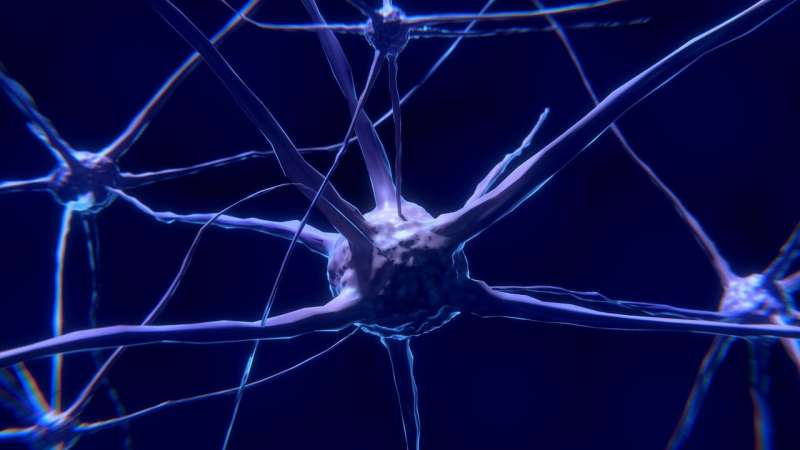This article has been reviewed according to Science X's editorial process and policies. Editors have highlighted the following attributes while ensuring the content's credibility:
fact-checked
peer-reviewed publication
trusted source
proofread
Social isolation linked to lower brain volume

Older people who have little social contact with others may be more likely to have loss of overall brain volume, and in areas of the brain affected by dementia, than people with more frequent social contact, according to a study published in the July 12, 2023, online issue of Neurology, the medical journal of the American Academy of Neurology.
The study does not prove that social isolation causes brain shrinkage; it only shows an association.
"Social isolation is a growing problem for older adults," said study author Toshiharu Ninomiya, MD, Ph.D., of Kyushu University in Fukuoka, Japan. "These results suggest that providing support for people to help them start and maintain their connections to others may be beneficial for preventing brain atrophy and the development of dementia."
The study involved 8,896 people with an average age of 73 who did not have dementia. They had MRI brain scans and health exams. To determine social contact, people were asked one question: How often are you in contact with relatives or friends who do not live with you (e.g., meeting or talking on the phone)? The choices for answering were every day, several times a week, several times a month and seldom.
The people with the lowest amount of social contact had overall brain volume that was significantly lower than those with the most social contact. The total brain volume, or the sum of white and grey matter, as a percentage of the total intracranial volume, or the volume within the cranium, including the brain, meninges, and cerebrospinal fluid, was 67.3% in the lowest contact group compared to 67.8% in the highest contact group. They also had lower volumes in areas of the brain such as the hippocampus and amygdala that play a role in memory and are affected by dementia.
The researchers took into account other factors that could affect brain volume, such as age, diabetes, smoking and exercise.
The socially isolated people also had more small areas of damage in the brain, called white matter lesions, than the people with frequent social contact. The percentage of intracranial volume made up of white matter lesions was 0.30 for the socially isolated group, compared to 0.26 for the most socially connected group.
The researchers found that symptoms of depression partly explained the relationship between social isolation and brain volumes. However, symptoms of depression accounted for only 15% to 29% of the association.
"While this study is a snapshot in time and does not determine that social isolation causes brain atrophy, some studies have shown that exposing older people to socially stimulating groups stopped or even reversed declines in brain volume and improved thinking and memory skills, so it's possible that interventions to improve people's social isolation could prevent brain volume loss and the dementia that often follows," Ninomiya said.
Since the study involved only older Japanese people, a limitation is that the findings may not be generalizable to people of other ethnicities and younger people.
More information: Alexa E Walter et al, The Importance of Social Contact on Brain Atrophy among Older Individuals, Neurology (2023). DOI: 10.1212/WNL.0000000000207720



















